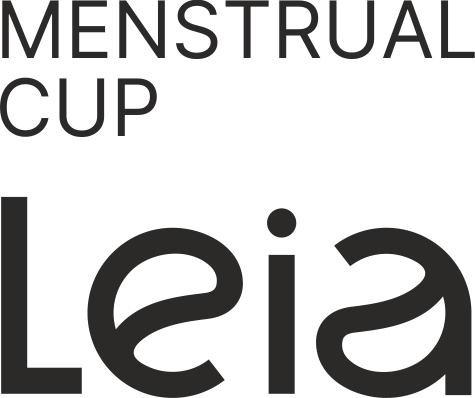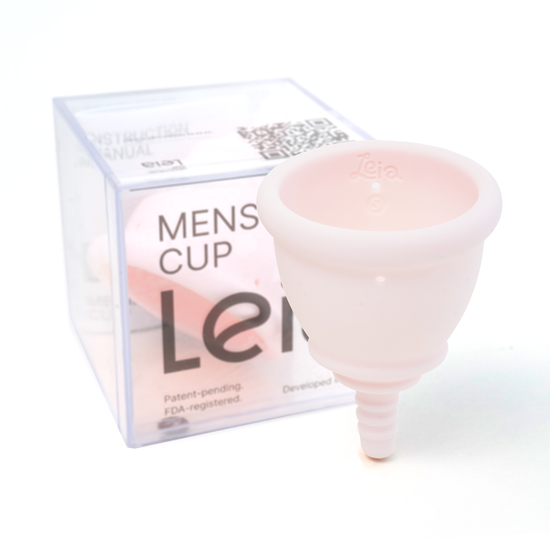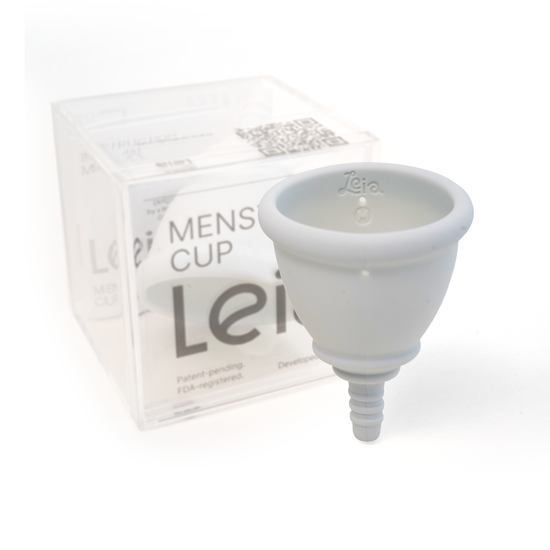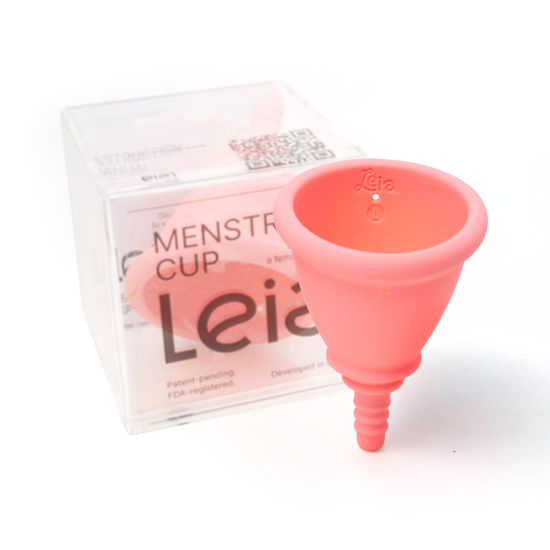
Breaking Taboos: The Controversy of Free Bleeding and Menstrual Autonomy
Free bleeding is a practice that involves intentionally not using any type of menstrual product during menstruation. Instead, individuals who engage in this practice let the blood flow freely and without any barriers or absorptive materials like pads or tampons.
The movement
As of today, this is a very popular movement. But its history began much earlier, in the 1970s. At that time, people first encountered the Toxic Shock Syndrome (TSS) when using tampons.
A new wave of popularity began in 2014 when Kiran Gandhi participated in the London Marathon while free bleeding to draw attention to the issue of menstrual stigma.
It is crucial to understand that menstruation is a part of the female body's physiology, and there is no place for fear or shame here. It is important to talk about this.
The concept
The concept of free bleeding has gained attention over the years, often embraced by some feminists and activists as a way to challenge societal norms surrounding menstruation, promote body positivity, and reclaim autonomy over one's body. Proponents argue that free bleeding allows individuals to embrace the natural process of menstruation and reject the idea that it should be hidden or stigmatized. They believe that it is a way to challenge the notion that periods are dirty or shameful.
Critics of free bleeding argue that it is an impractical and unhygienic practice. Menstrual blood can be messy and stain clothing and furniture, making it difficult to go about daily activities without any protection. Moreover, free bleeding can lead to potential health risks, as menstrual blood can contain bacteria that may cause infections if not properly absorbed or cleaned. Critics also argue that free bleeding may perpetuate the stigma around menstruation, since it is often viewed as unhygienic or unsanitary by society.
Another criticism of free bleeding is that it does not take into account individuals who experience heavier menstrual flows or menstruation-related conditions such as endometriosis or uterine fibroids. For some people, the use of menstrual products is necessary to manage their menstruation effectively and maintain their daily routine. It is important to acknowledge that different bodies have different needs when it comes to managing their periods.
It is worth noting that free bleeding is not a widespread practice, and the majority of people still use some form of menstrual product during their periods. Menstrual products have evolved over time to become more comfortable, discreet, and environmentally friendly. Many companies now offer eco-friendly options like reusable cloth pads, menstrual cups, and period-proof underwear. These options allow individuals to manage their menstruation while minimizing waste and embracing sustainable practices.
In conclusion, free bleeding is a controversial practice that challenges societal norms surrounding menstruation. While proponents argue that it promotes body positivity, challenges stigma, and provides economic and environmental benefits, critics raise concerns about hygiene, practicality, and inclusivity. Ultimately, it is up to individuals to choose the most suitable method for managing their menstruation based on their unique needs, preferences, and comfort levels.
The Leia team fully supports all the participants of the movement and understands the importance of raising awareness about the stigma surrounding the menstrual cycle. We support the right of every woman to make her own choice: whether to use menstrual products or not. Only the woman herself can decide what is best for her. We just want to remind you that our cup is completely safe. It is made of high-quality medical-grade silicone and has all the necessary FDA certifications. It does not come into contact with the vaginal microbiota, minimizes the risk of toxic shock syndrome, and is eco-friendly. Additionally, it is very convenient and provides maximum comfort.



